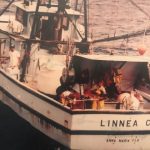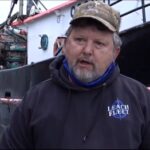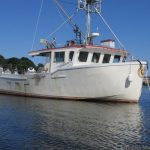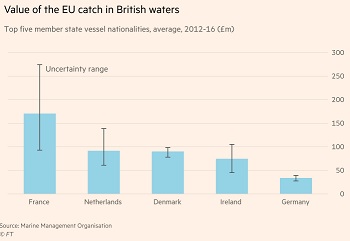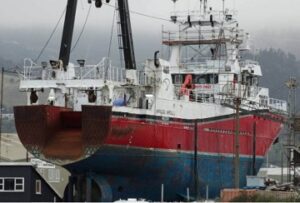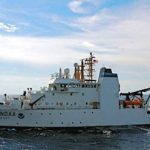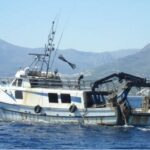Tag Archives: Russian trawlers

MP Alistair Carmichael requests Faroese meeting over Russian trawler concerns
Countries across the world have taken various actions to sanction the Russian economy in the wake of Vladimir Putin’s regime, including a campaign by islanders to prevent Russian vessels from making use of port facilities in Orkney and Shetland, but the Faroese government has continued to allow Russian trawlers to make use of fishing grounds shared with the UK. Mr Carmichael has requested a meeting to discuss local concerns further and to advocate for a change in Faroese policy on the issue, highlighting longstanding ties of friendship between the Faroes and the Northern Isles,,, >click to read< 11:02
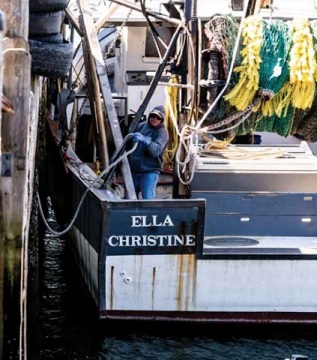
The Last of the Port Clyde Groundfishermen – Once robust, Maine’s groundfishery is on the ropes
When Randy Cushman was growing up in Port Clyde, some 300 trawlers were moored up and down Maine’s coast,,, Today, Cushman is 59 years old and might be Maine’s most knowledgeable commercial fishermen.,, But Cushman is barely scraping by. Prices for cod, flounder, and other groundfish have all but collapsed in Maine. The combination of rock-bottom prices, the need to protect the state’s fish stocks, and a dearth of fishing infrastructure make it harder than ever to be a fisherman here. Today, the robust Maine trawler fleet of Cushman’s youth has been reduced to around 30 boats. photos, >click to read< 14:21
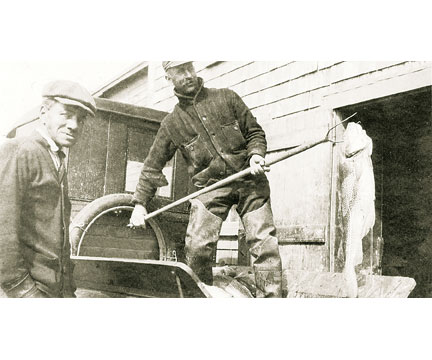
Could the Gulf of Maine’s Ground Fishery Rebound?
“The English had discovered living resources that would attract, shape, and sustain the communities of the coast of Maine for the next four centuries,” wrote journalist and historian Colin Woodard of the bounty that once existed in the Gulf of Maine in the 17th century in his book “The Lobster Coast.” “Early explorers were flabbergasted by the largesse of the Gulf of Maine, a semienclosed sea stretching from Cape Cod to Nova Scotia. They saw great pods of whales, acres of thrashing tuna, vast schools of salmon, herring and mackerel, clouds of puffins and terns, shoals of mussels and oysters, vast mudlfats infested with fat clams, cod and haddock biting at the hook, and enormous lobsters foraging in the rockweed. The waters off England and France seemed barren by comparison.” As Woodard noted, the geology and climate of the Gulf of the Maine with its 7,500-mile coastline made the area perfectly suited for a thriving fishery — a “fertile oasis in a world ocean that is, ecologically speaking, largely desert.” click here to read the story 09:27


































